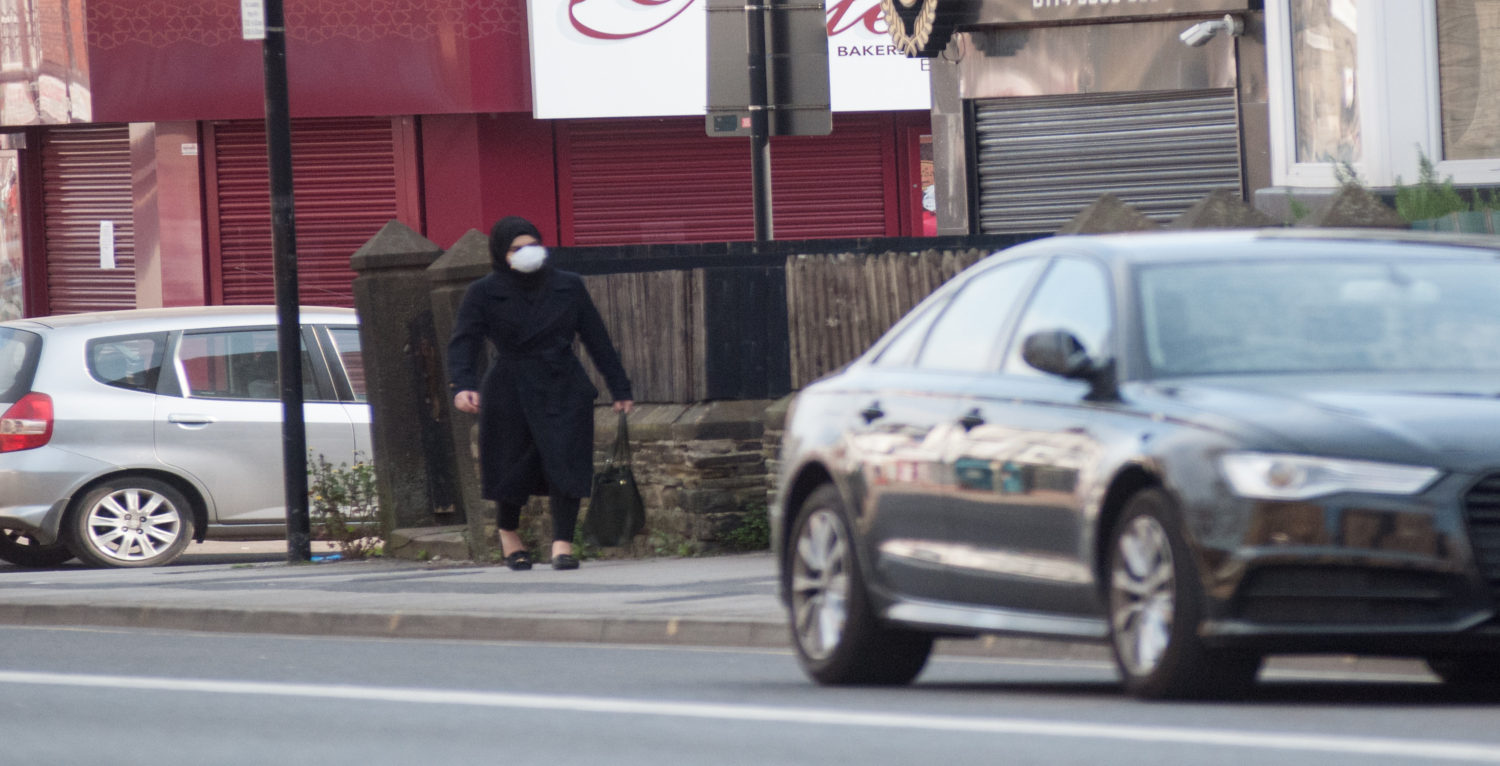All talk
We don’t need a Covid-19 BAME inquiry – we need action, writes Tele Lawal
The coronavirus pandemic has impacted communities and disrupted day-to-day life across the world. Coronavirus does not discriminate. It sees no race, age, class, sex, or religion.
As we mourn those who have sadly been taken by the silent killer, statistics show that coronavirus is disproportionately affecting black, Asian and minority ethnic (BAME) communities. According to the Office for National Statistics, black men and women are almost twice as likely to die from coronavirus than white people in England and Wales. People from Bangladeshi and Pakistani communities are 1.8 times more likely, and Indians are 1.5 times more likely to die. This might be an uncomfortable truth for many, but it comes as no surprise to those of us who are acutely aware of inequality in this country.
In response, the government has launched an inquiry led by the NHS and Public Health England into why BAME groups are being hit hardest – but I fear this is a token gesture. Instead of a tick box exercise of this kind, what is needed is immediate action to protect the BAME community.
In general, there is a robust correlation between socioeconomic status and health. Individuals with lower socioeconomic status are more likely to suffer from poorer health, higher mortality rates and lower life expectancy than people of higher social status. Bangladeshis (65%), Pakistanis (55%) and black Africans (45%) suffer the highest poverty rates in the UK, and, as mentioned above, are most at risk from the virus.
In the UK, BAME people are also more likely to live in overcrowded housing and in inter-generational households. Ethnic minorities are therefore living in conditions in which coronavirus is more likely to spread. Some ethnic minority groups are also more likely to have underlying health conditions which are likely to be another a factor in the disproportionate death rates.
People from ethnic minority backgrounds are more likely to be employed in key frontline roles – such as public transport drivers, cleaners, carers and Band 5 nurses- which put them at greater risk of contracting coronavirus. The first 10 doctors in the UK to die from coronavirus were from BAME backgrounds.
The coronavirus pandemic has removed the plaster that has been covering up the UK’s health, housing and employment inequalities which the government has failed to address, review after review.
We do not need another report to gather dust on a government website or to be used merely as a reference in academic research papers or political speeches. We need action.
The government can start by recording the ethnicity of those dying from coronavirus. At the moment, only age and sex are recorded. Recording ethnicity will give us a better picture of the effects of health inequalities and enable us to explore how best to protect BAME communities.
It is vital local authorities join the conversation and take action. Coronavirus ‘equality impact assessments’ should be carried out which can assess the impact on different communities protected under the Equality Act 2010. At council level, temporary overview and scrutiny committees should be formed to look at Covid-19 related issues. These committees will allow councillors to put forward life-saving policies and recommendations, based on information they have gathered from the equality impact assessments.
Effective communication is a powerful tool. Councils should produce coronavirus information sheets, electronic or otherwise, and ensure these are sent to BAME residents. This will help reaffirm the facts about how the virus is and isn’t spread – and tackle myths too.
Councils can also increase support to the BAME community by working with charities, organisations and local groups to pinpoint vulnerable citizens who may have fallen off the radar and ensure they start receiving the relevant support during this period.
Once this crisis is over, we do not need another roundtable discussion or government committee to analyse the inquiry’s findings. What we need are legislative changes to reduce health inequalities, backed with sufficient government funding. I hope we see this – for the sake of my future and for those from similar backgrounds to me – but with the Tories in power, I won’t hold my breath.
Photo: flickr/Tim Dennell
